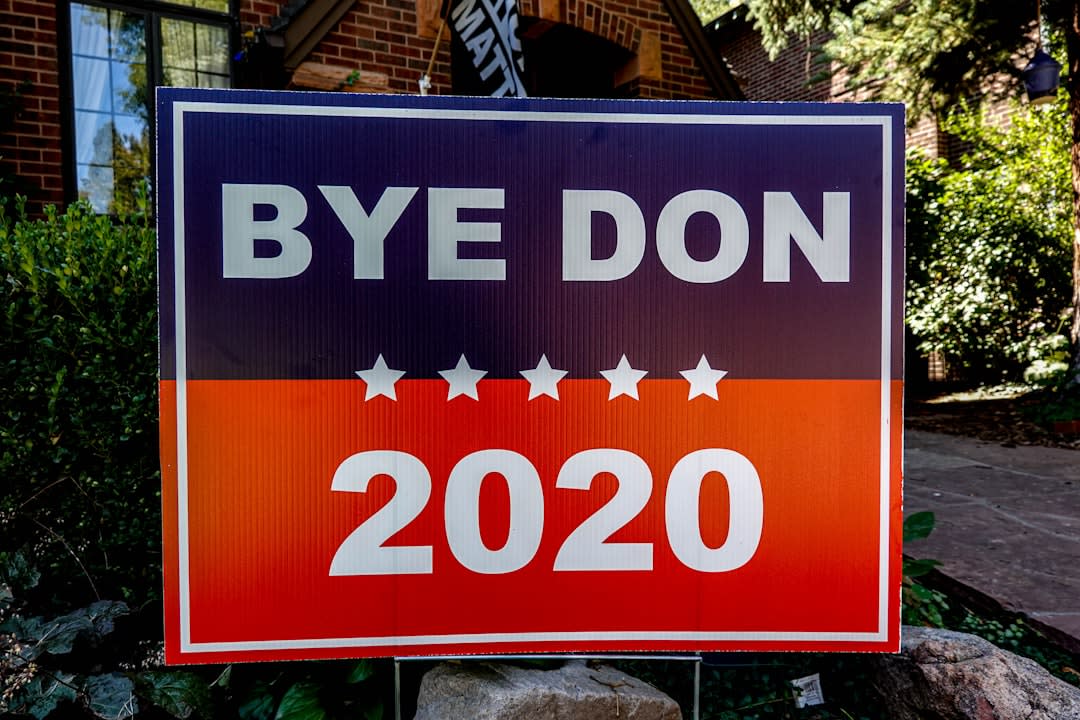Political Friction: The White House's Narrative on Tax Bill Opposition
3 min read

In the ever-evolving landscape of American politics, the rhetoric surrounding legislative processes often becomes as significant as the policies themselves. Recently, the White House issued a statement suggesting that Democratic lawmakers have been obstructively opposed to key tax bill measures that, in reality, many within their ranks have historically supported. This revelation not only raises questions about the political strategy at play but also invites a broader examination of the history and dynamics of partisan politics in the United States.
The Present Situation
The current administration's statement claimed that Democratic opposition is hindering the progress of crucial tax reforms. However, this assertion appears to be at odds with the past actions and endorsements of Democratic legislators who have, historically, been vocal champions of the very measures being proposed. This contradiction highlights a potential strategy of creating an antagonistic narrative to rally support or deflect scrutiny from other pressing issues.
Historical Context
To understand the current scenario, it is essential to look back at the historical interplay between the two major parties in the U.S. on tax-related issues. Over the decades, tax policy has been a battleground for ideological clashes. Republicans have traditionally advocated for tax cuts as a means to stimulate economic growth, whereas Democrats have focused on tax reform aimed at increasing equity and funding social programs.
The Tax Reform Act of 1986, a landmark bipartisan effort during the Reagan administration, is a notable example of successful negotiation where both parties found common ground. In contrast, more recent efforts, such as the 2017 Tax Cuts and Jobs Act, underscored the growing partisan divide, with Republicans pushing through significant tax cuts largely without Democratic support.
The Dynamics of Political Messaging
The White House's recent narrative appears to be an effort to frame the Democrats as obstructionists, a tactic not unfamiliar in political playbooks. By portraying opponents as resistant to progress, administrations often aim to consolidate their base and sway public opinion. However, such strategies can backfire if the public perceives the claims as disingenuous or if they contradict widely known facts.
In this instance, the White House's claims may be an attempt to capitalize on the public's general disillusionment with political gridlock. By painting the opposition as the impediment, the administration seeks to position itself as the champion of progress, even if the reality is more nuanced.
The Road Ahead
The implications of this political maneuvering are significant, particularly as the nation approaches another election cycle. With tax policy remaining a pivotal issue, voters are tasked with sifting through competing narratives to discern the truth. As historical precedents suggest, bipartisanship in tax reform is not only possible but necessary for sustainable policy solutions.
Engaging in informed debate, rather than partisan bickering, could pave the way for more effective governance. Ultimately, the electorate's ability to see through rhetorical smoke and mirrors will be crucial in holding leaders accountable and ensuring that policy decisions reflect the best interests of the public.
In conclusion, while the White House's recent claims may serve as a strategic political tool, they also spotlight the enduring need for transparency and accountability in political discourse. As history has shown, the most successful legislative achievements are those that rise above partisan divides and focus on the common good.
Source: White House makes misleading claims about Democratic opposition to tax bill
